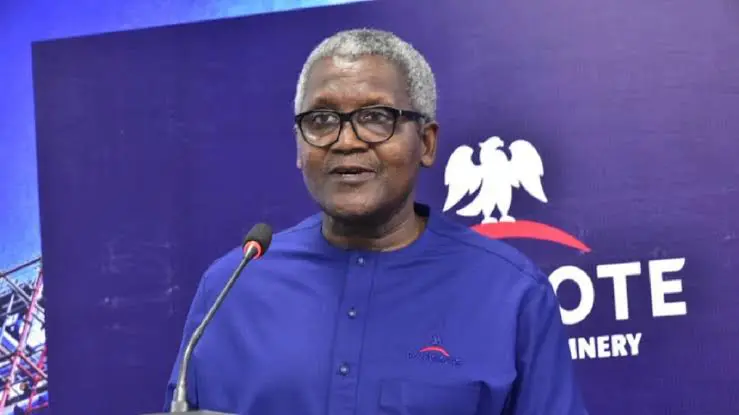A professional services firm, KPMG, has stated that Nigeria must strike a balance between attracting foreign capital and supporting domestic growth through policies that favour foreign investment while also building a conducive climate for indigenous enterprises to prosper.
According to the firm’s flashnotes published on January 4, 2024, capital importation numbers show a consistent quarterly fall, indicating continued issues to investor confidence in the Nigerian economy.
“While there is an urgent need to restore external investor confidence, Nigeria needs to strike a balance between attracting foreign capital and promoting domestic development (thereby reducing its reliance on foreign capital),” KPMG said in a statement.
KPMG ascribed the decline in capital imports to Nigeria in the third quarter of 2023, after an initial rise in the second quarter of 2023, to continuing negative market sentiments on the country despite initial reforms being viewed positively.
KPMG ascribed the reduction in capital imports to Nigeria in the third quarter of 2023, following an initial increase in the second quarter of 2023, to persistent negative market perceptions towards the country, despite initial reforms being perceived positively.
“Recent persistent dominance of trade credits, loans, and related forms of short-term capital inflows with portfolio and especially foreign direct investment is a major concern,” according to the report.
It noted that Nigeria’s need for macroeconomic stability, the negative interest rate environment, the huge FX gap with low and shrinking currency reserves, and the need for better clarity on monetary and fiscal policy have all depressed external attitudes.
According to KPMG, the exit of multinational corporations such as GlaxoSmithKline and Procter & Gamble, which have ceased on-ground activities and adopted import and distributor-led business models, has also depressed external sentiment.
“The fact that trade credit, loans, and related forms of capital inflows now overly dominate capital importation is a concern given their short-term nature,” according to the report.
“Portfolio investment, which includes investments in financial assets such as stocks, bonds, and other securities, has also declined since Q1 2023, falling from $649.28 million in Q1 2023 to $87.11 million in Q3 2023, exposing the economy to the risks of currency illiquidity and depreciation.
“There is also pressure on consumer price inflation, reduced purchasing power, slower economic growth (3.75 percent target for 2024), lower job creation (particularly from persistent reductions in iFDI), and overall macroeconomic instability,” the report added.
According to KPMG, it also increases the economy’s vulnerability to global economic shocks, which is especially problematic given the present global poly-crisis.
“Reduced inflows of foreign capital limit access to much-needed external funding for infrastructure projects, technological advancements, and other development initiatives, without which the cost of doing business and attractiveness of investment opportunities deteriorate and further impede the country’s ability to compete globally.
“Despite the well-known potential of the Nigerian environment, investors are hesitant to invest or remain in a country where they anticipate infrastructure, logistics, connectivity, and operational challenges, KPMG stated.
According to KPMG, investors need stability and predictability in the business environment, and a lack of either hinders capital inflows.
It stated that there is an urgent need to reverse this trend and restore investor confidence in the Nigerian economy by stepping up efforts to build a stable and enabling macroeconomic environment as well as implementing consistent and investor-friendly policies.
It went on to say that Nigeria may reverse the trend by improving infrastructure, boosting the competitiveness of macroeconomic fundamentals, and removing structural and regulatory impediments impeding capital input and outflow.









